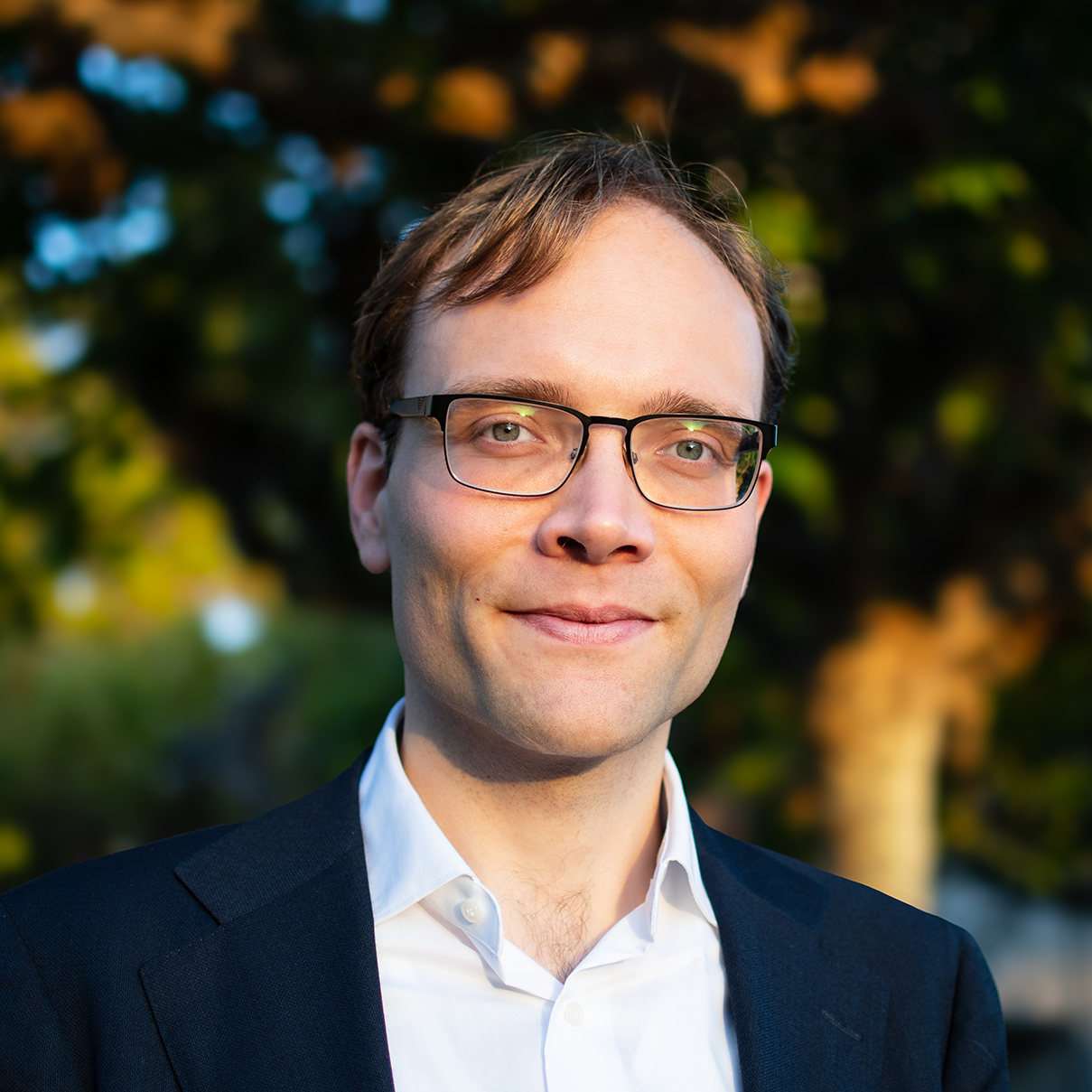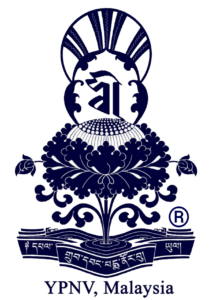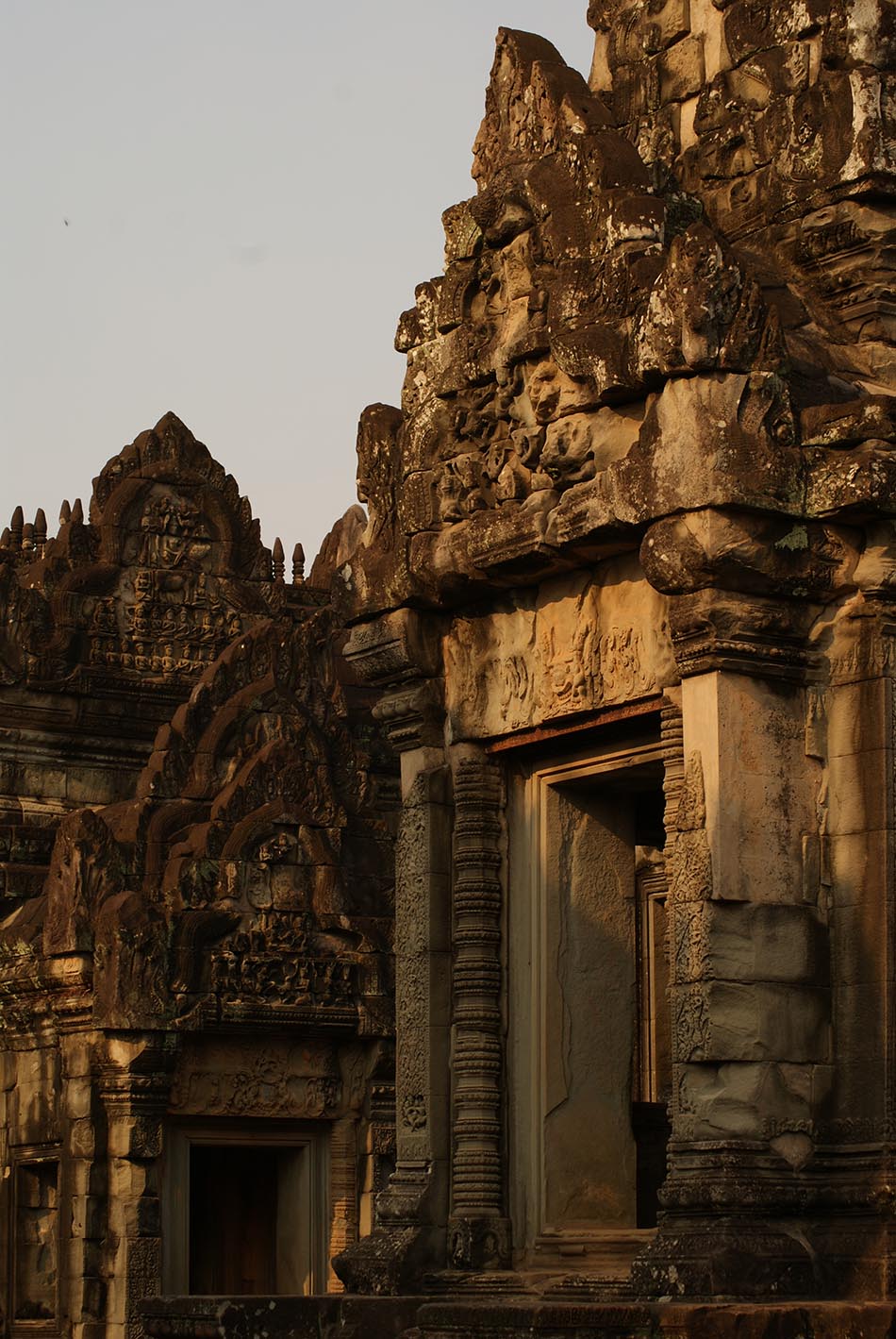
Palyul-Khyentse Chair in Buddhist Textual Studies Established at the International Buddhist College, Thailand

Khyentse Foundation, with a generous matching fund from Malaysia-based Buddhist foundation Yayasan Pema Norbu Vihara—an official Palyul centre of Malaysia—has established a new chair in Buddhist studies at the International Buddhist College (IBC), Sadao Campus, Thailand. The Palyul-Khyentse Chair in Buddhist Textual Studies will promote the continued study and teaching of Sanskrit Buddhism and its transmission to the Tibetan world.
The landscape of Buddhist studies is changing in Asia, and especially in Southeast Asia, and the area has the potential to become a well-developed hub for the field. This is naturally a desirable development, considering the region’s Buddhist background.
Very significantly, this is the first chair in Buddhist studies that KF has supported in Asia. This reflects an important reality on the ground: Even beyond the field of Buddhist studies, Asian universities are becoming more prominent and Asian students are feeling less compelled to study in other parts of the world. Universities in Asia with similar focus and priorities are gradually forming scholarly networks that may be of no small benefit to Buddhist communities, whether monastic or lay, within Asia or beyond.
A non-sectarian Buddhist university, IBC offers classes in all four major Buddhist languages—Sanskrit, Pali, Tibetan, and classical Chinese—and in particular, has now developed a good concentration of Sanskrit studies. Thus, as well as reflecting the historical heritage of the local area, its courses highlight textual and philosophical traditions that are relevant to all living Buddhist lineages. The chair will help implement an expanded curriculum of MA courses, which was developed in consultation with Professor Dorji Wangchuk of the University of Hamburg.
Khyentse Foundation wishes to thank Yayasan Pema Norbu Vihara for making the position possible—their support has extended over years of friendly and patient interaction and helpful advice. In particular, the chair owes its existence to the extremely generous offering of the late Dr. Sim Koon Weng, through Yayasan. We will ensure that Dr. Sim’s contribution to the growth of the dharma is amplified through our continued efforts.

“I will fervently supplicate repeatedly to the ocean of the objects of refuge, including the Three Jewels, so that all the effort in the process of studying the scriptures will be focused and undistracted. I offer my deep and sincere aspiration prayers for the progress and success of this project.”
— Ven. Khenchen Pema Sherab, director of Yayasan, May 2, 2023
After careful consideration of a number of candidates, the chair has been assigned to Dr. Maria Vasylieva. Originally from Ukraine, Maria holds a doctoral degree in political sciences from the National Academy of Sciences of Ukraine and will soon complete a PhD in Buddhist philosophy at IBC itself. Both her current field of specialization, requiring competence in different registers of Tibetan and Sanskrit, and her experience as an interpreter and a translator from Tibetan make her an ideal choice for the position.
“We are grateful for the support received from foundations that, like the chair itself, honor the vast vision of two nonsectarian Buddhist masters—the late Penor Rinpoche and Dzongsar Khyentse Rinpoche—and to Maria, a scholar and teacher that we greatly admire. The chair gives us the opportunity to foster the in-depth training of coming generations of Buddhist scholars from all over the globe.”
— Ajahn Mattia Salvini, dean of graduate studies, IBC
Already a dharma translator since 2011 and having translated Dzongsar Khyentse Rinpoche’s teachings in Ukraine in 2013, from 2013 to 2019 Maria pursued in-depth studies in Buddhist philosophy and Tibetology at Rangjung Yeshe Institute (RYI) in Nepal and completed Esukhia’s full-immersion Tibetan-language program in Dharamsala, India, with the aspiration to become better qualified as a dharma translator. Since graduating from RYI with a master’s in translation and textual interpretation in 2019, she has been translating for a traditional Buddhist philosophy course and teaching translation methodology at RYI.

For the last 3 years, Maria has also pursued a doctoral degree in Buddhist philosophy at IBC under the supervision of Ajahn Mattia Salvini. Her primary scholarly interests are Mahayana sutras and treatises, including research of Tibetan Dunhuang manuscripts and research and translation of Indic and Tibetan commentaries on the “King-like Aspiration for Good Conduct.” Apart from her scholarly activity, Maria translates dharma practice texts into Ukrainian, interprets for Buddhist masters giving teachings in Ukraine, and serves as an interpreter for HH Gyalwang Karmapa and the international Kagyu Monlam.
Maria has been supported by KF throughout her academic training in Buddhist studies. She received the KF Translation Studies Scholarship between 2015 and 2019 and a PhD scholarship in 2020. We are delighted to have witnessed Maria’s progress in her studies, and believe she will complement the existing expertise at IBC and offer a natural interface with the Tibetan-speaking world.
“When I engage in the academic study of the Mahayana, I try to constantly remind myself that academic studies are limited while the dharma is immeasurable. Thus, the purpose of this engagement is not to fit the dharma into the narrowness of academic bounds but to burst these bounds and embrace the dharma, which is vaster than the sky.”
— Dr. Maria Vasylieva




